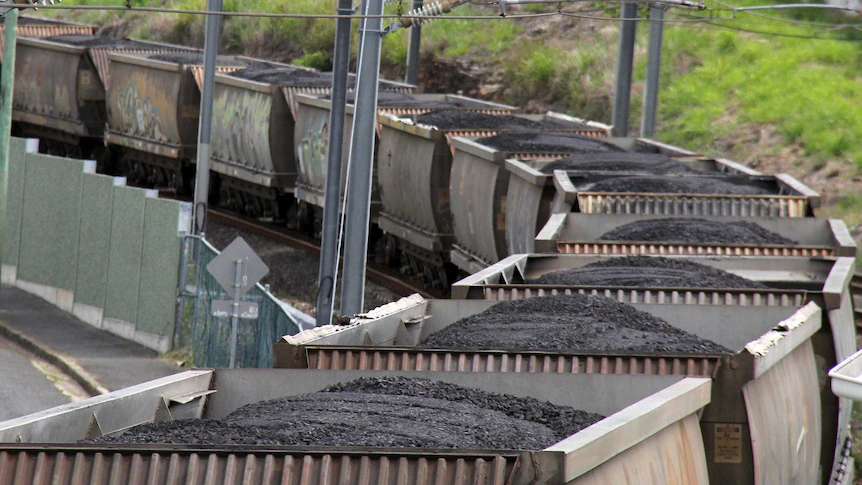[ ABC Rural ] Coking coal price hits record highs as Chinese steel-makers face pain
The price of metallurgical coal has risen to record levels as trade tensions and border problems push the cost for Chinese importers sky-high
Coal for coking purposes has soared despite declines in iron ore values attributed to Chinese steel-makers abiding by a government directive to avoid buying from Australia.
The value has surged to $US410 a tonne in the past week, representing a more than tripling in price since early 2020.
Coking coal is now overtaking iron ore as the largest input cost for many of the world’s steel mills.

With poor domestic supplies of metallurgical coal, Chinese buyers were racing to source shipments from across Asia, North America and as far afield as Columbia as a result.
As a result of China’s hunt for new suppliers, major steel-making nations with limited domestic metallurgical coal such as India, Taiwan, South Korea, Japan and the EU are now increasingly turning to Australia.
Director of the Bowen Basin Mining Club Jodie Currie said the loss of the Chinese market had opened new doors for the region’s miners.
“I think it gave them opportunity to look at other markets, Queensland coal is sought after across the world,” she said.
“There were certainly shock waves sent through the industry but we’ve diversified, we’ve looked at other markets.”
The Queensland Resources Council’s (QRC) recent state of the sector report highlighted a skilled worker shortage as a handbrake on mining’s expansion during the COVID-19 era.
Describing the situation as a “perfect storm of labour shortages at a time of continued growth” CEO Ian McFarlane pointed to government predictions that Queensland’s coal exports would rise 23 per cent by 2025.
Finding and retaining skilled employees rose to number one in the QRC’s latest CEO sentiment survey as workers across the mining sector surged to 85,000, a two-thirds increase in five years.
DPA Notes: Its gradually becoming clearer that China’s financial/trading punitive actions do not cause anything beyond short term damage. In the mid to long term, the adversary almost always recovers, and tends to recover stronger than before when they were dependent on China’s business.
Happened for tourism, for rare metals and now this.

